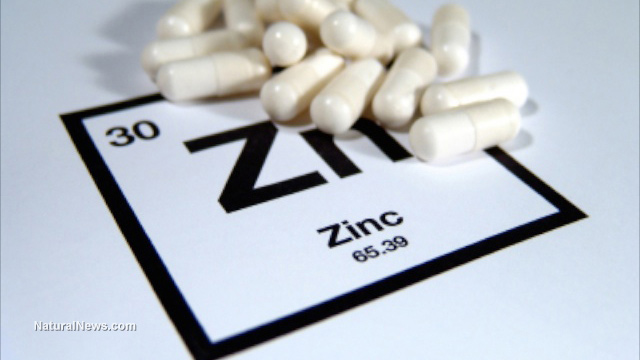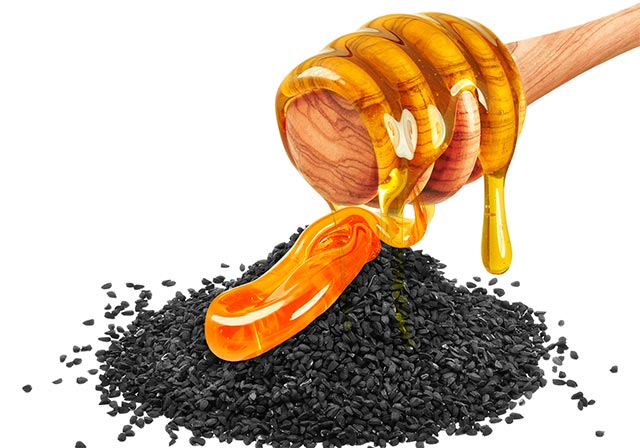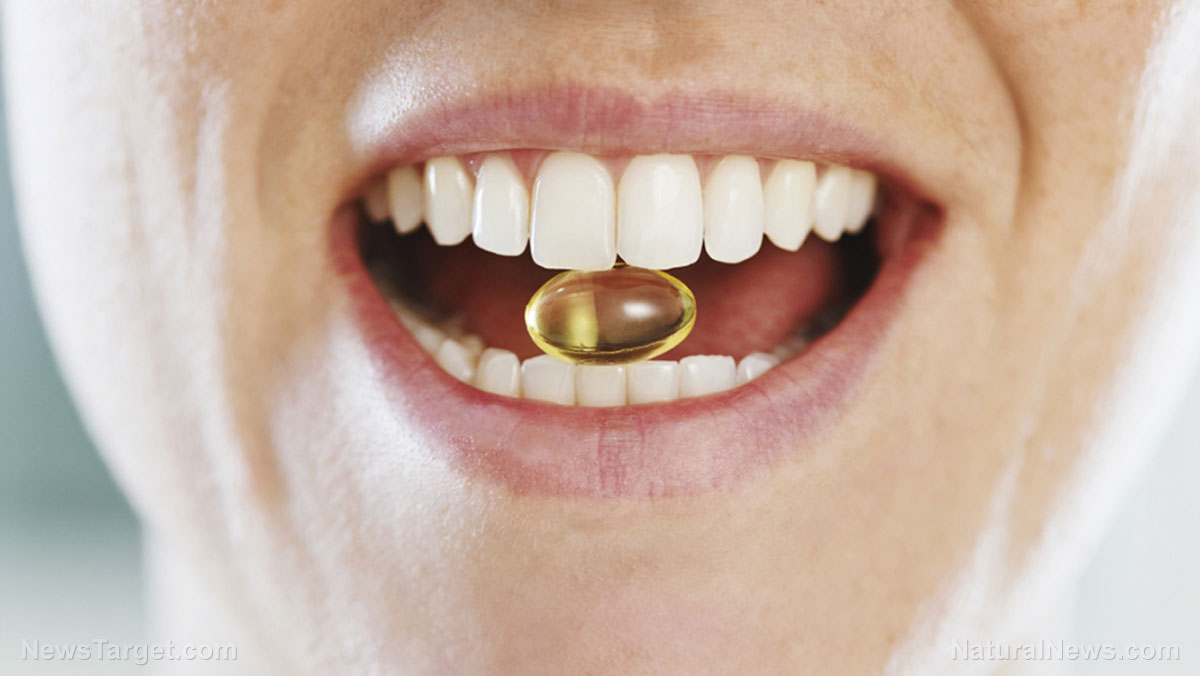Vitamin D slows diabetes progression, improves insulin effectiveness
05/04/2020 / By Divina Ramirez

Low levels of vitamin D is a prevalent issue in diabetic and prediabetic individuals. In the past, several studies found that individuals with insulin resistance and a high risk of diabetes tend to have low levels of vitamin D.
In a recent study, a team of researchers from Universite Laval in Quebec found that consistent vitamin D supplementation prior to or soon after the diagnosis of Type 2 diabetes helped improve insulin sensitivity in just six months.
Published in the European Journal of Endocrinology, the study also suggested that vitamin D supplementation can slow the progression of metabolic deterioration in prediabetic individuals.
The importance of insulin
The pancreas produces an essential hormone called insulin. Insulin allows cells to metabolize glucose into energy, and it also regulates blood glucose levels to prevent hypoglycemia (low blood sugar) and hyperglycemia (high blood sugar), a risk factor for diabetes.
In diabetic individuals, excess glucose affects the ability of cells to use and absorb sugar. To make up for this, the pancreas will produce more insulin, which cells can no longer respond to. This condition is known as insulin resistance. (Related: Foods, herbs and spices that help reverse insulin resistance.)
As diabetes progresses, patients would have to use oral medications and insulin injections to move sugar from the blood into other tissues and organs where it can be metabolized. Insulin injections also signal the liver to halt the production of sugar.
However, diabetic individuals can become highly dependent on these treatments. Over time, cells can become resistant to medication. Furthermore, insulin injections only stall the onset of metabolic deterioration at best. It does not reverse diabetes, nor does it improve its symptoms.
The link between diabetes and vitamin D
Type 2 diabetes–the most common type of diabetes–is a widespread health problem. It is linked to several diet and nutrition factors like excess sugar consumption and low levels of vitamin D, as most studies have found. However, past research has failed to determine the benefits of vitamin D supplementation on insulin resistance.
Prior to this most recent research, a 2013 study by the National Institutes of Health (NIH) involved vitamin D supplementation on 2,423 adults at high risk of Type 2 diabetes. Participants had to take either a placebo or 4,000 international units (IU) of vitamin D, which was five times more than the recommended intake of the micronutrient for adults.
The results were unremarkable, and the researchers concluded that vitamin D supplementation did not significantly affect Type 2 diabetes risk.
But despite its unimpressive results, experts speculate that it might have failed to arrive at the benefits of vitamin D supplementation due to several variables, such as the participants’ ethnicities, glucose tolerance and vitamin D dosage.
Vitamin D improves insulin sensitivity
To determine the effects of vitamin D on insulin sensitivity, the team from Universite Laval conducted a double-blind, randomized controlled trial (RCT) on 96 participants at high risk of Type 2 diabetes or with a recent diagnosis of the disease.
The researchers assessed the participants’ insulin production and insulin sensitivity at baseline prior to the six-month RCT. Half of the participants took 5,000 IU of vitamin D each day, while the other half took a placebo.
At the end of the RCT, the researchers found that vitamin D improved glucose metabolism as well as insulin sensitivity in the muscle tissues of the participants.
The results suggest that with vitamin D supplementation prior to or soon after diagnosis, cells retain the ability to respond better to insulin.
The researchers thus concluded that vitamin D supplementation could improve insulin sensitivity and slow the progression of prediabetes into Type 2 diabetes.
Adequate levels of vitamin D can help improve insulin sensitivity in both diabetic and prediabetic individuals. However, high doses of vitamin D might exacerbate certain conditions. Consult a healthcare professional if you wish to take vitamin D supplements for diabetes.
For more stories on the health benefits of vitamin D, visit VitaminD.news.
Sources include:
Submit a correction >>
Tagged Under:
alternative medicine, anti-diabetes, biomedical research, disease treatments, future science, longevity, natural cures, natural medicine, nutrients, prevention, remedies, supplements, vitamin D
This article may contain statements that reflect the opinion of the author
RECENT NEWS & ARTICLES
Nutraceuticals.News is a fact-based public education website published by Nutraceuticals News Features, LLC.
All content copyright © 2018 by Nutraceuticals News Features, LLC.
Contact Us with Tips or Corrections
All trademarks, registered trademarks and servicemarks mentioned on this site are the property of their respective owners.





















